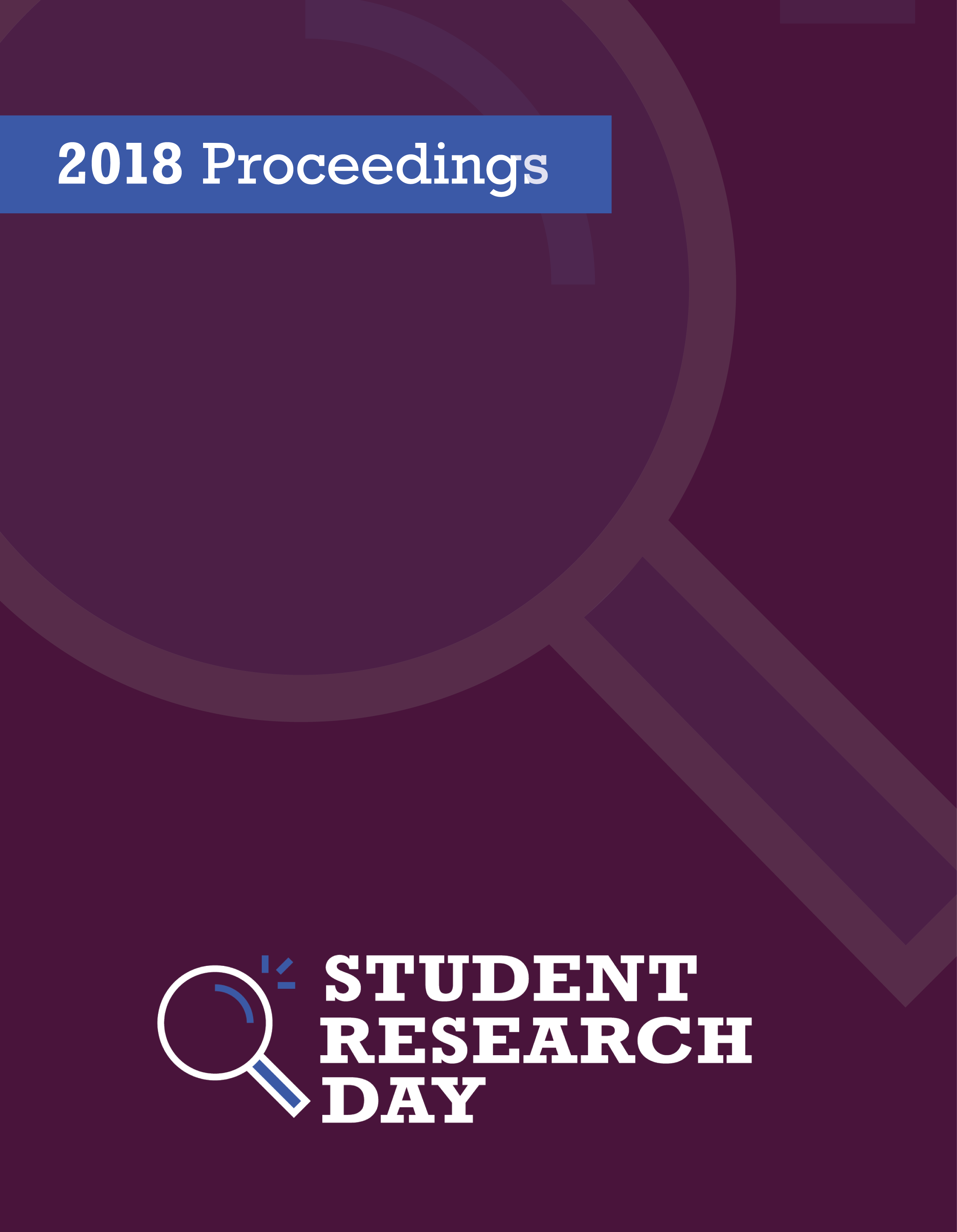Democracy in the Information Age
The Death of Consciousness
Abstract
The Information Age has produced a society where data has become the principal commodity; where citizens are valued by the information they can provide to institutions. When applied to the democratic process, how will political campaigns utilize this technology to advance their campaigns? What is the impact of Big Data and predictive analytics on individual autonomy and how does this contribute to an increasingly fragmented society? The 2008 United States Presidential election instituted a new norm of political practice. The early stages of predictive analytics, provided by user generated data, enabled the campaign to isolate subsets of potential voters and persuade them into active participants. As the norm of quantitative campaigning became increasingly entrenched, the 2016 Trump campaign would demonstrate the current apex of its application. Utilizing sophisticated Big Data analytics, with support from Cambridge-Analytica and the Giles-Parscale agency, the Trump campaign created individual behavioral profiles of over 215 million voters. Who they would then strategically target to mobilize or de-mobilize the population in fault line States. The advent of the Internet enabled the development of mass scale data operations; when applied to quantitative marketing techniques, it allows for legacy institutions to strategically manipulate individuals to their preferred outcome. The predictive analytical techniques, that have been embedded throughout democratic societies are directly contributing to an increasingly fragmented society. As legacy institutions obtain more data they will increase their capacity to manipulate populations; changing the nature of political consciousness and contributing to an increasingly fragmented polis.
Discipline: Political Sciences (Honours)
Faculty Mentor: Dr. Jean-Christophe Boucher
References
Downloads
Published
Issue
Section
License
Authors retain any and all existing copyright to works contributed to these proceedings.



